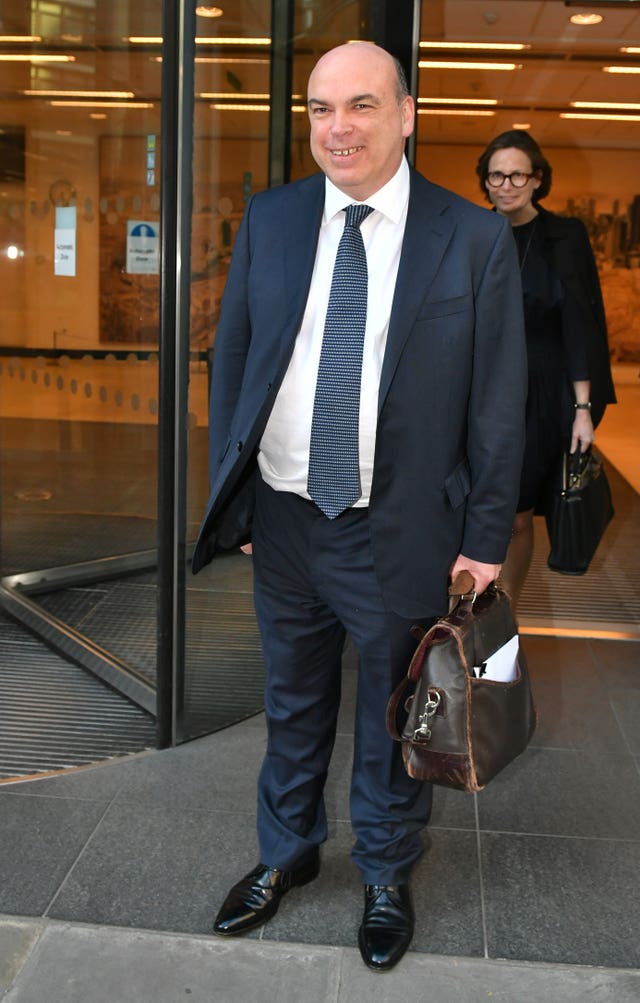Tech tycoon cleared of fraud ‘thought he would die in jail’
Mike Lynch, once hailed Britain’s king of technology, was acquitted of allegations that he orchestrated a fraud and conspiracy leading up to a deal.

British tech tycoon Mike Lynch has said he thought he would die in jail for now-cleared charges relating to a multi-billion dollar business deal.
The businessman, once hailed a shining example of British ingenuity, was extradited to the US last May for a trial that acquitted him on all 15 felony counts over the 11-billion dollar (£8.64 billion) purchase of his company.
The 11-week criminal trial in San Francisco looked into Silicon Valley pioneer Hewlett Packard (HP)’s 2011 acquisition of Autonomy, a business software company that Mr Lynch founded and then oversaw as chief executive in Britain.
He faced more than 20 years in US prison if convicted of the fraud and conspiracy allegations, and the Times reported that he spent 13 months under house arrest awaiting the trial that ended in June this year.

“I have various medical things that would have made it difficult to survive.”
He reportedly told the paper that, if convicted, he was unlikely to live to see freedom because of his age and serious lung condition.
Describing the moment the verdicts were returned, he said: “When you hear that answer, you jump universes.
“If this had gone the wrong way, it would have been the end of my life as I have known it in any sense.”
He told the Times that he wants the extradition treaty between the UK and US overhauled, and to fund a British equivalent to the Innocence project non-profit organisation that seeks to free those wrongly convicted.
“It has to be wrong that a US prosecutor has more power over a British citizen living in England that the UK police do,” he said.
“The system can sweep individuals away. There needs to be a contrarian possibility that’s saying, ‘right, the whole world thinks you’re guilty – but actually, was that a fair conviction?'”
Police agreed to meet him around the corner from his Chelsea home when he was extradited, but once at Heathrow US marshals put him in the back row of a United Airlines flight in restraints, the Times reported.
Mr Lynch said: “It’s ridiculous. You’re in chains, even though, like, what are you going to do?”





